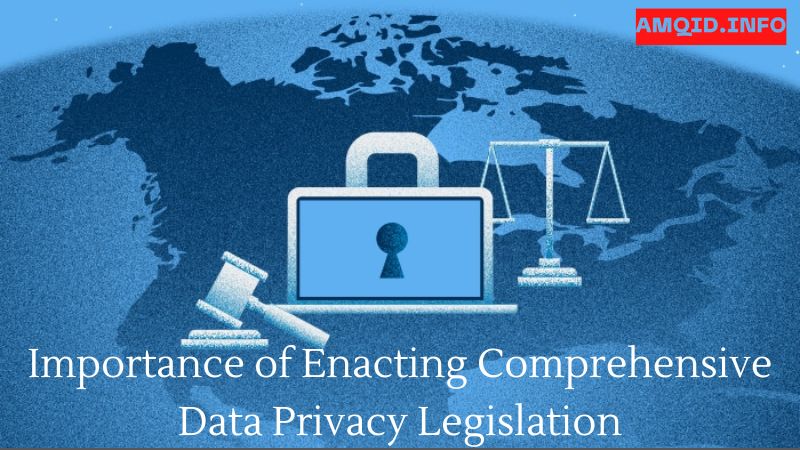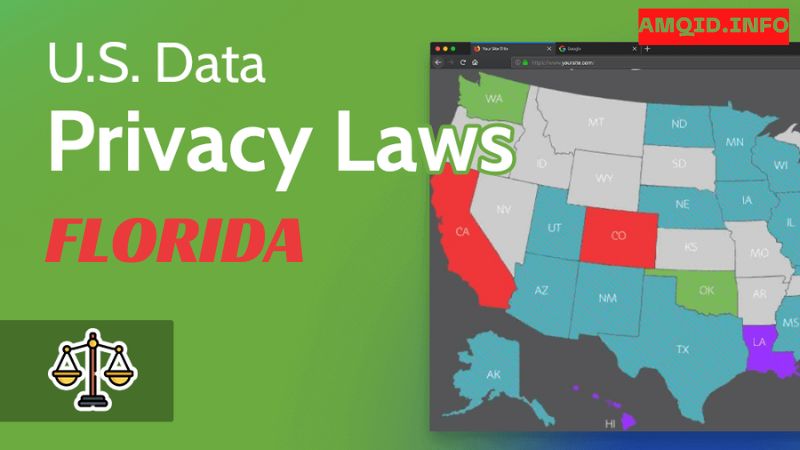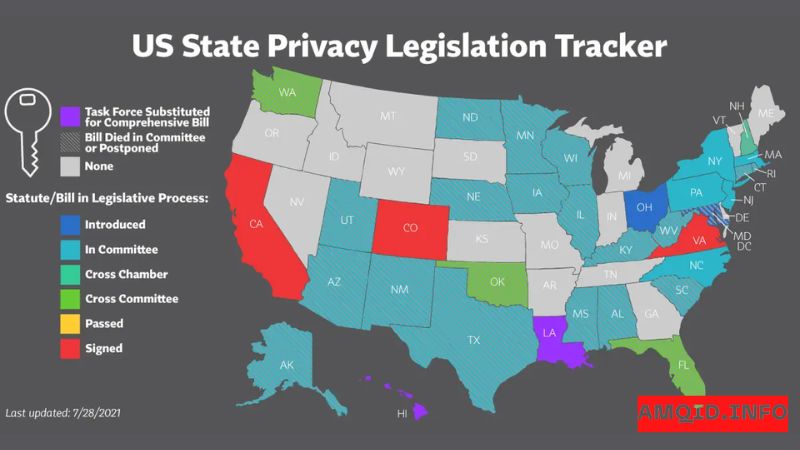In an era marked by the digital transformation of society, the need for robust data privacy laws has become increasingly evident. As individuals entrust more of their personal information to online platforms and businesses, concerns regarding data security and privacy have grown exponentially. In response to these concerns, states across the United States have been actively pursuing legislation to safeguard the privacy rights of their residents. However, as of the latest update, Florida has yet to enact a comprehensive state-wide data privacy law, leaving a crucial gap in consumer protection. Let’s discover the Florida Data Privacy Law with Amqid.info in the following.
Current State of Data Privacy Legislation in Florida
Proposed Legislation and Efforts to Fill the Gap
The Florida Data Privacy Law: A Potential Solution
Key Provisions of the Florida Data Privacy Law
Importance of Enacting Comprehensive Data Privacy Legislation
The introduction of a comprehensive data privacy law in Florida is essential not only to protect the privacy rights of residents but also to foster trust in the digital economy. In an increasingly interconnected world, where personal data is often the currency of online transactions, individuals must have confidence that their information is being handled responsibly and ethically by businesses.

Challenges and Progress
However, despite the clear need for comprehensive data privacy legislation in Florida, progress has been slow, and the state has yet to pass a bill into law. Various factors, including concerns over regulatory compliance and the influence of industry stakeholders, have contributed to the delay in enacting meaningful data privacy protections.
Continued Advocacy and Collaboration
Nevertheless, the push for data privacy reform in Florida continues, driven by consumer advocacy groups, privacy experts, and lawmakers who recognize the importance of safeguarding personal information in the digital age. It is essential for stakeholders to continue advocating for the passage of robust data privacy legislation that prioritizes the rights and interests of Florida residents.
Conclusion
To sum up, the absence of a comprehensive data privacy law in Florida represents a significant gap in consumer protection and regulatory oversight. With the proliferation of digital technologies and online services, the need for robust data privacy legislation has never been more urgent. It is imperative for Florida lawmakers to prioritize the enactment of meaningful data privacy protections that empower consumers and hold businesses accountable for the responsible handling of personal information. Only through concerted efforts and collaboration can Florida achieve a comprehensive data privacy framework that ensures the privacy and security of its residents in an increasingly digital world.


